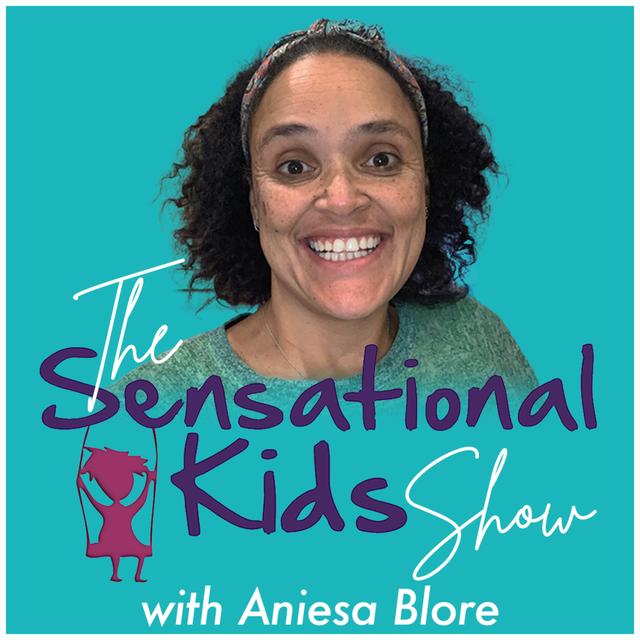
What Causes Burnout?
Episode description
Following on from last week’s discussion about masking, Aniesa describes the symptoms and causes of burnout, both in neurotypical and neurodivergent individuals and what we can do to understand and support those who are suffering.
KEY TAKEAWAYS
- Masking, covered in last week’s episode, often goes hand in hand with burnout.
- Fatigue, headaches, dissatisfaction, dietary changes, and issues with sleep are all symptoms of burnout.
- Burnout is episodic, and you may not realise you have burnout until you come out of it.
- Not everyone suffers from burnout, making it hard for them to recognise and understand it in others.
- Burnout is common in neurodivergent adults and children, often due to the energy used daily to mask their behaviour.
- Fatigue, headaches, dissatisfaction, dietary changes, and issues with sleep.
- Burnout can affect mental health.
- Neurodivergent people can often suffer from Autistic burnout and ADHD burnout.
- Children suffering from burnout may often find excuses not to partake in activities they’ve otherwise enjoyed or show disinterest in things they previously cared about. They may procrastinate, become anxious or fearful of attending school or struggle to concentrate on a task, causing them to become irritable.
- Building a defined routine of breaks and boundaries can help to prevent burnout. This can include getting exercise by going for a walk, practising mindfulness, and putting yourself first.
BEST MOMENTS
“[We must] make sure we prioritise our kid's mental health and our own mental health. For kids, it starts by asking them what the emotions are that they’re feeling - and thinking about that for yourself as well.”
CONTACT METHOD
www.instagram.com/aniesabblore/
www.instagram.com/sensationalkidstherapyuk/
www.facebook.com/sensationalkidslondon
ABOUT THE HOST
Aniesa completed her degree in Occupational Therapy at the University of Stellenbosch, in South Africa. She has since been focusing on paediatrics and sensory processing and integration. She has worked across a range of paediatric fields and has extensive experience in autism, specific learning difficulties, as well as anxiety and emotional regulation.
Aniesa has one teenage son with autism, and one with sensory difficulties. She herself was diagnosed at a late age as having ADHD and has found that understanding her neurodivergence has led to a greater connection with children and their parents.
Hosted on Acast. See acast.com/privacy for more information.
